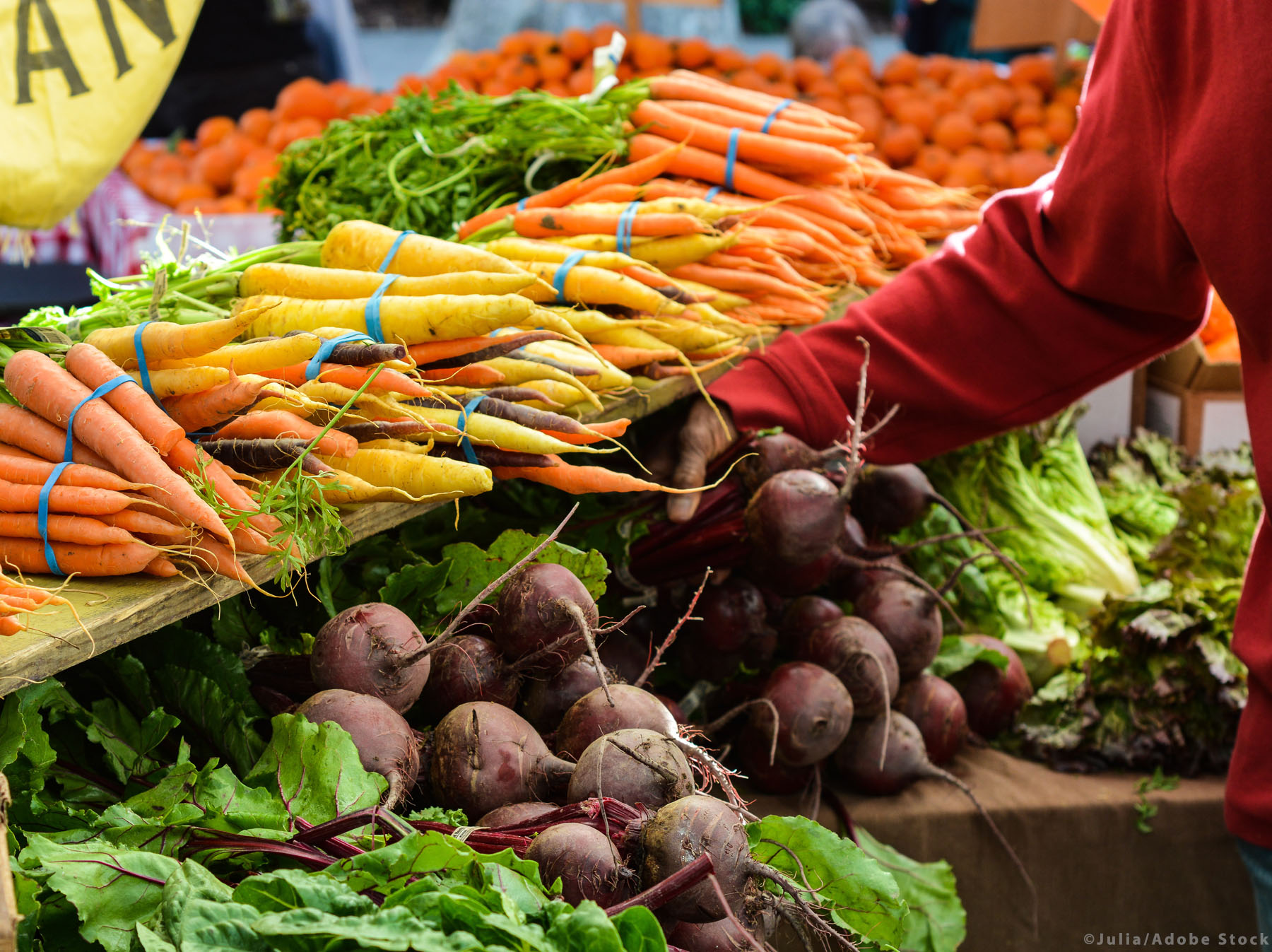
Introduction: Organic farming has gained popularity in recent years due to its focus on sustainability, environmental protection, and health benefits. One of the key aspects of successful organic farming is the use of high-quality organic farming products. In this blog post, we will explore the top organic farming products that can help farmers achieve sustainable agriculture and promote a healthier ecosystem.
Organic Fertilizers: Organic fertilizers are essential for providing necessary nutrients to plants in a sustainable way. These fertilizers are made from natural sources such as compost, manure, bone meal, and other organic materials. They provide a slow-release of nutrients, promoting healthy plant growth and improving soil fertility without harmful chemical residues. Organic fertilizers also support beneficial microorganisms in the soil, contributing to a balanced and thriving ecosystem.
Organic Pest Control: Organic pest control is a crucial aspect of organic farming, as it promotes natural ways to manage pests without relying on synthetic chemicals. Organic pest control products include beneficial insects, such as ladybugs and lacewings, which can control harmful pests like aphids and mites. Additionally, organic farmers may use organic-approved pesticides derived from natural sources, such as neem oil, pyrethrin, and diatomaceous earth, which are safer for the environment, wildlife, and human health.
Organic Mulch: Mulch is an important tool in organic farming that helps retain moisture, suppress weeds, regulate soil temperature, and improve soil structure. Organic mulch is made from natural materials such as straw, hay, leaves, wood chips, and compost. It is free from synthetic chemicals and provides a healthy habitat for beneficial insects and microorganisms. Organic mulch is an eco-friendly and sustainable option that helps farmers conserve water, reduce erosion, and promote healthy plant growth.
Organic Livestock Feed: For organic farmers who raise animals, organic livestock feed is a crucial component of their farming practices. Organic livestock feed is made from certified organic grains and forages, and it is free from synthetic pesticides, genetically modified organisms (GMOs), antibiotics, and growth hormones. It ensures that animals are fed a healthy diet, in line with organic principles, and helps farmers meet organic certification requirements.
Organic Weed Control: Weeds are a common challenge in organic farming, and organic weed control products can help farmers manage them sustainably. Organic weed control methods include manual weeding, mulching, mowing, and using flame weeders or vinegar-based herbicides. These methods avoid the use of harmful chemical herbicides and promote natural ways to control weeds, preventing them from competing with crops for nutrients and sunlight.
Conclusion: Using the right organic farming products is essential for farmers who want to practice sustainable agriculture and promote a healthier ecosystem. From organic seeds and fertilizers to pest control and livestock feed, there are various organic farming products available that can support organic farming practices and contribute to a more sustainable and environmentally-friendly approach to agriculture. By choosing organic products, farmers can protect their crops, soil, water, and wildlife, while providing consumers with healthy and eco-friendly food options. Embracing organic farming products is a step towards a more sustainable future for agriculture and our planet.









